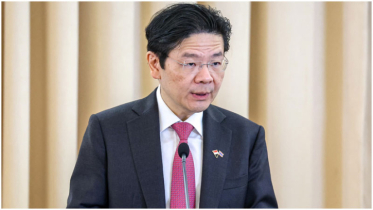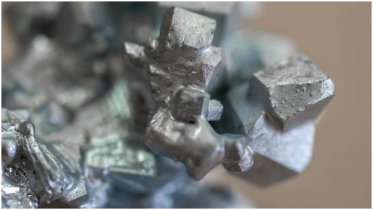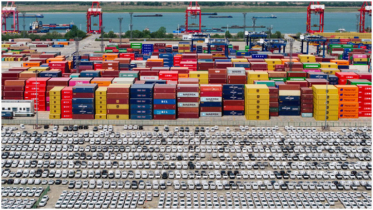Chinese sanctions hit US drone maker supplying Ukraine

Skydio, the United States' largest drone manufacturer and a vital supplier to Ukraine‘s military, is grappling with an unprecedented supply chain crisis after Beijing imposed sweeping sanctions, blocking access to essential components.
The San Mateo-based company has been hit particularly hard by the disruption to their battery supply chain. Their sole battery provider, Dongguan Poweramp (a TDK subsidiary), was directly ordered by Chinese authorities to sever all ties with Skydio. In response, the company has been forced to implement strict rationing of batteries supplied with drones and doesn’t anticipate securing new suppliers until spring 2025.
“This is a clarifying moment for the Drone Industry. If there was ever any doubt, this action makes clear that the Chinese government will use supply chains as a weapon to advance their interests over ours,” said Skydio CEO Adam Bry in a note to customers.
He further emphasized that “This is an attempt to eliminate the leading American drone company and deepen the world’s dependence on Chinese drone suppliers.”
The timing of these sanctions is particularly concerning given Skydio’s crucial role in military and emergency operations worldwide. The company has already delivered more than 1,000 drones to Ukraine, where they’re being used for critical intelligence gathering and reconnaissance missions, as well as documenting potential war crimes.
Their latest X10 model has achieved a significant milestone as the first US drone to successfully pass Ukrainian electronic warfare tests, demonstrating superior resistance to jamming attempts. This achievement has led to Ukraine requesting thousands more units.
Beyond military applications, Skydio has established itself as a key player in emergency services, recently securing an important contract with Taiwan’s fire agency. The company also maintains substantial supply relationships with the US military and numerous corporate customers, making the supply chain disruption particularly far-reaching.
Skydio isn’t taking this crisis lying down. The company has launched an aggressive campaign to address the situation on multiple fronts.
CEO Adam Bry has engaged in high-level discussions with US government officials, including a significant meeting with Deputy Secretary of State Kurt Campbell and senior White House officials. The company is actively exploring new supplier relationships throughout Asia, with a particular focus on Taiwan. They’ve also initiated discussions with Taiwan’s vice-president Hsiao Bi-khim, seeking support and potential solutions.
“We suspect Skydio was targeted by Beijing because it is likely seen as a competitor to DJI,” said a US official, according to the Financial Times. “If there is a silver lining, we can use this episode to accelerate our work to diversify drone supply chains away from... China.”
The sanctioning occurred on October 11, as part of China’s retaliation against Washington‘s approval of attack drone sales to Taiwan. The timing was particularly challenging for Skydio, as it came before they had successfully established alternative supply chains.
“While China’s sanctions today target defence and drone manufacturers, tomorrow they will almost certainly expand to other sectors as US-China relations worsen. Batteries and rare earths are just the canary in the coal mine.” Explained Craig Singleton at the Foundation for Defense of Democracies.
This developing situation underscores the growing importance of supply chain independence in the drone industry. The crisis emerges at a pivotal moment when Congress is actively considering legislation to ban American use of DJI drones, highlighting the critical need for robust domestic drone manufacturing capabilities.
While initially disruptive, this aggressive move by China might serve as the catalyst needed to accelerate the development of alternative supply chains and strengthen the US drone industry’s independence. The situation also reveals the broader implications for US-China technology relations and the urgent need for diversified supply chains in critical technology sectors.
We’d love to hear your perspective on this developing situation. How do you think this will impact the future of drone manufacturing in the US? Share your thoughts in the comments section below.
.png)




